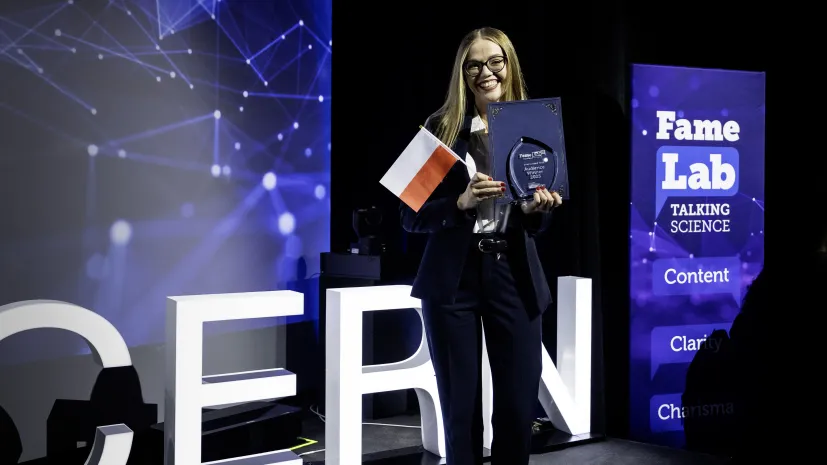-
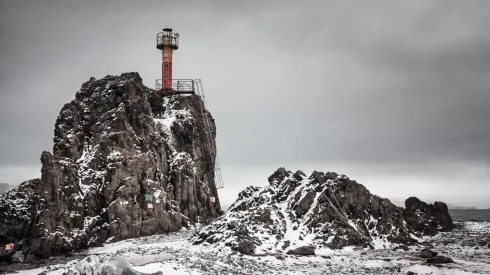
Polish researchers find remains of British meteorologist missing in Antarctica since 1959
Polish scientists working at the Henryk Arctowski Polish Antarctic Station have discovered the remains of British meteorologist Dennis “Tink” Bell, who disappeared during an expedition to Antarctica in 1959.
-
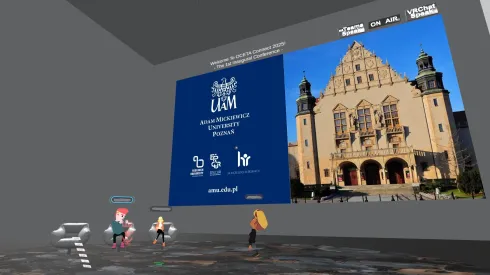
Adam Mickiewicz University tests AI-powered virtual reality conference format
A new model of academic conferencing powered by artificial intelligence and virtual reality has been piloted at the OCETA Connect: AI/XR in Higher Education event, held by the Adam Mickiewicz University.
-
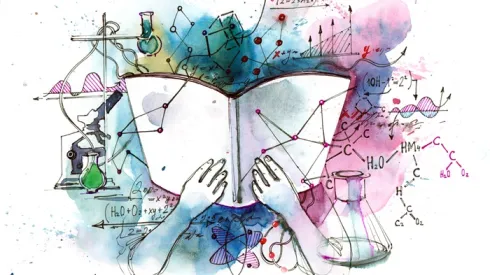
2024 in Polish science: Remains of first Slavs, space missions and animals from millions of years ago
Polish satellite launches, surprising discoveries of animals from hundreds of millions of years ago and archaeological finds that may change scientists' previous findings – these are some of the most important events in Polish science in 2024.
-
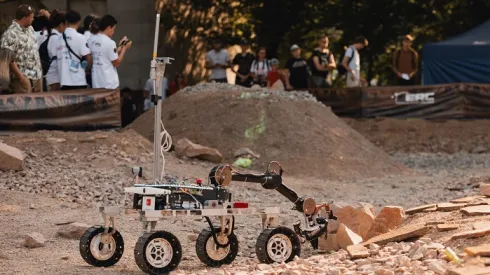
Swiss team wins 10th edition of European Rover Challenge in Kraków
The Swiss FHNW Rover Team won the 10th edition of the European Rover Challenge, a competition for Mars rovers. Twenty four teams representing universities from all over the world participated in the competition in Kraków, in the so-called Marsyard - a space inspired by the Red Planet.
-
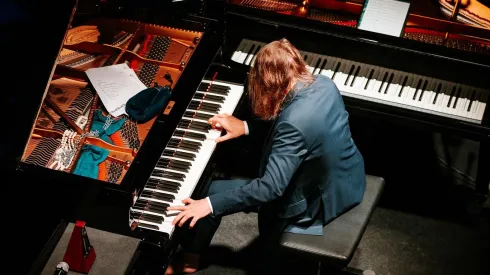
Octave divided into 10 parts. Scientists prepare decaphonic piano for jazz legend Leszek Możdżer
A classic acoustic piano can be tuned on a 10-note scale, instead of the traditional 12-note scale. The sound of this instrument was demonstrated by pianist Leszek Możdżer with the help of Polish scientists.
-
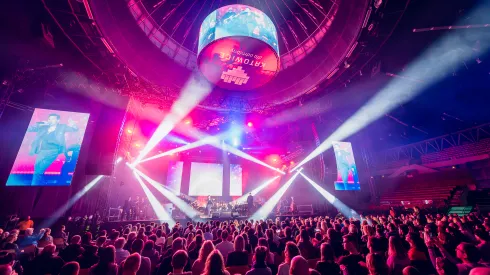
The KATOPOLIS show opens the European City of Science Katowice 2024
The music and acting show KATOPOLIS marked the official opening of the European City of Science Katowice 2024 last weekend. The title, given by EuroScience in cooperation with the European Commission, was awarded to a city from Central and Eastern Europe for the first time in history.
-
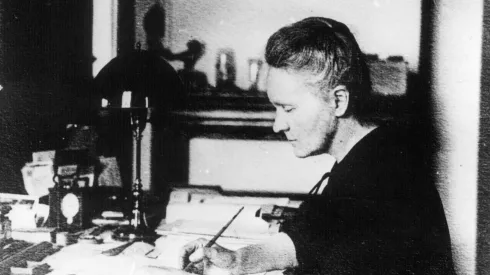
120 years since first Nobel Prize for Maria Skłodowska-Curie
One hundred and twenty years ago, Maria Skłodowska-Curie and her husband Piotr Curie received the Nobel Prize in Physics for discovering the phenomenon of radioactivity and research on it. The other half of the prize went to Henri Becquerel, who was the first to observe the penetrating radiation of uranium ore. Skłodowska was the first woman to be honoured in this way.
-
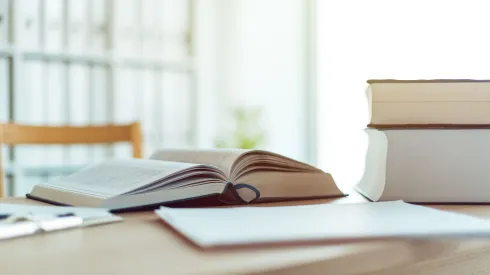
Warsaw to host 1st World Congress of Polish Education and Science Abroad in July
Meetings with scientists and experts who promote Polish science and education around the world are planned during the 1st World Congress of Polish Education and Science Abroad, which will be held on July 5-9 in Warsaw. The schedule includes panel discussions, popular science lectures, workshops and training sessions.
-
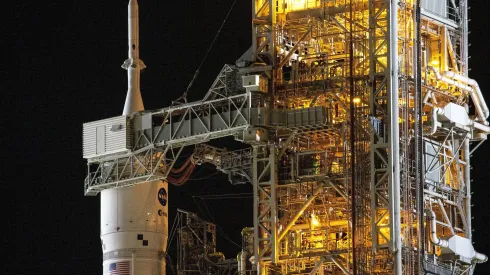
2022: The most important events in Polish and world science
A breakthrough in research on obtaining energy from nuclear fusion, the release of images from the James Webb Space Telescope, the launch of the space mission Artemis, in which Poles also participated, the discovery of Endurance - the ship of Antarctic explorer Ernest Shackleton, new findings concerning COVID-19, selection of a Polish researcher to join ESA Astronaut Reserve - these are some of the important scientific events of 2022.

